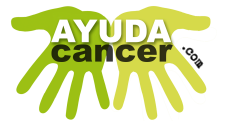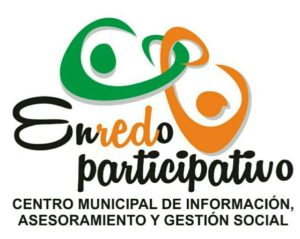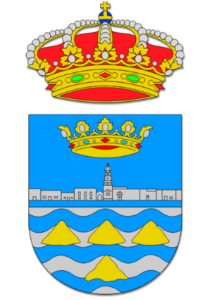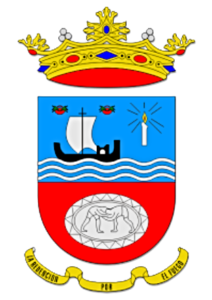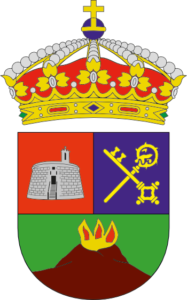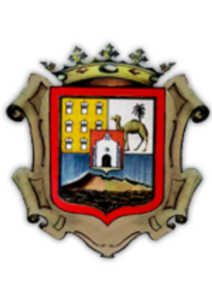Cancer is not a single disease, but a group of several diseases. All forms of cancer cause cells in the body to change and grow out of control. Most cancer cells form a lump called a tumour. The tumour cells can break off and move to other parts of the body. At this new site, they can continue to grow and form more tumours. This process of spread is called metastasis. When cancer spreads to a new site, it is still called by the name of the part of the body where it originated. For example, if lung cancer has spread to the bones, it is still called lung cancer, not bone cancer.
Some types of cancer, such as blood cancer, do not form a tumour. This type of cancer is called leukaemia.
Not all tumours are cancerous. Tumours that are not cancerous are called benign. Benign tumours do not grow or spread as cancer does and are usually not life-threatening. Another word for cancerous is malignant, which is why a cancerous tumour is called malignant.
Having cancer does not always mean having pain. Whether or not a patient has pain may depend on the type of cancer, the extent of the disease and the patient’s tolerance for pain. Most of the time, pain occurs when the cancer grows and presses against bones, organs and nerves. Pain can also be a side effect of treatment. However, pain can usually be relieved or lessened with prescription drugs or over-the-counter drugs recommended by the doctor, and other ways of reducing pain, such as relaxation exercises, may also be helpful. Pain should not be accepted as something that cannot be avoided because you have cancer. It is important for patients to talk about their pain so that steps can be taken to help relieve it. Fear of becoming addicted or losing control should not prevent patients from taking pain medication. Patients who take cancer pain medications as ordered by their doctor rarely become addicted to them. In addition, if the patient has problematic side effects, changing the dose or type of medication can usually help.
Smoking and drinking alcohol cause certain types of cancer in some people. These cancers can be prevented by avoiding tobacco and alcohol. It is best never to use tobacco. Cigarettes, cigars, pipes and smokeless tobacco cause cancer and should not be used. People who already smoke should try to quit. People who smoked in the past are less likely to get cancer than those who continue to smoke.
The chances of getting skin cancer can be reduced by staying in the shade as much as possible, wearing a hat and shirt when out in the sun and using sunscreen.
We know that our diet (what we eat) is linked to certain types of cancer, although the exact reasons are not yet clear. The best advice is to eat lots of fresh fruit, salads, vegetables and whole grains such as pasta and bread, and cut down on high-fat foods.
There are laboratory tests, called screening tests, that adults should have so that cancer can be detected early. Cancer can often be cured if caught early.
In the past, people often stayed away from someone with cancer because they were afraid of “catching it”. But cancer is not like influenza (flu) or a cold; you cannot “catch” it from someone who already has it. You won’t get cancer by being around or touching someone with cancer. Don’t be afraid to visit someone with cancer; they need your support and that of their family and friends.
Some cancers are caused by people’s habits. Smoking can cause cancer of the lung, mouth, throat, bladder, kidney and some other organs, as well as heart disease and stroke. Although not everyone who smokes gets cancer, smoking increases a person’s chance of getting the disease. Drinking a lot of alcohol has also been shown to increase a person’s chances of getting cancer of the mouth, throat and some other organs. This is especially true if the person drinks and smokes.
Radiation (x-rays) can cause cancer, but x-rays used by a doctor or dentist are not dangerous. Too much unprotected exposure to the sun’s rays can cause skin cancer.
In many cases, the main cause of cancer remains a mystery.
We know that certain changes in our cells cause cancer to start, but we do not yet know exactly how this happens. Many scientists are studying this issue.


